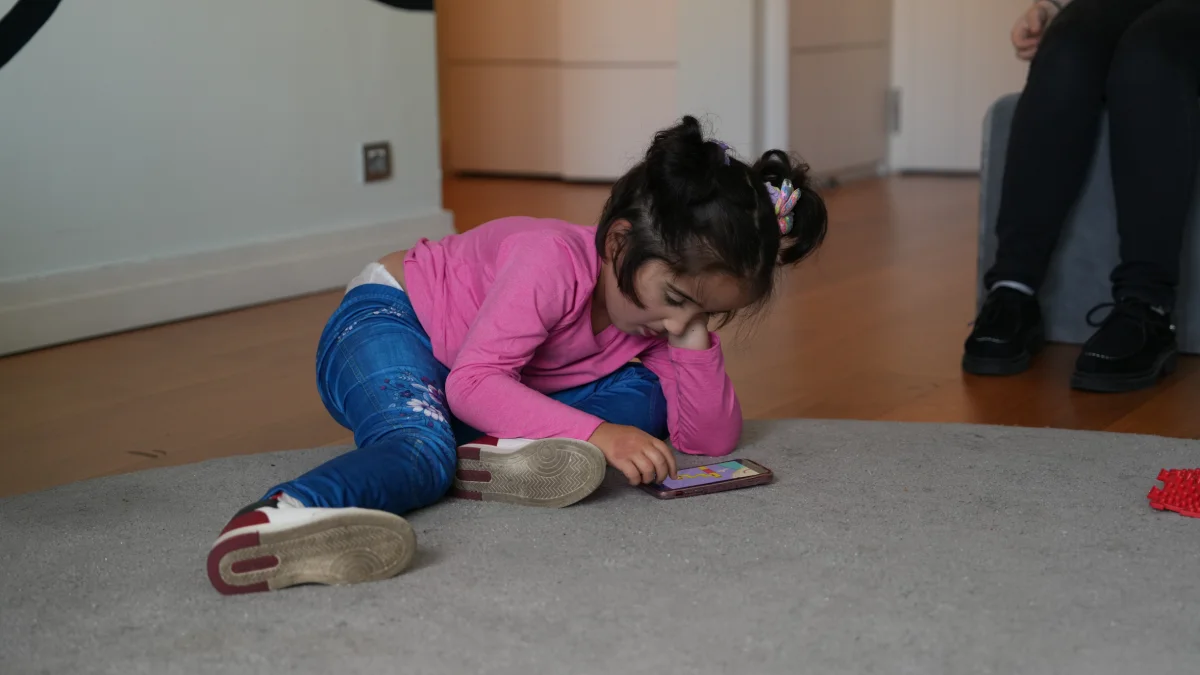Nutrition is often overlooked in autism treatment, yet its impact on behavior and cognition is gaining traction in research and practice. For many families navigating Autism Spectrum Disorder (ASD), the connection between food and behavioral changes is not just anecdotal—it’s observable. As holistic approaches grow in popularity, parents are also exploring advanced treatments like Stem Cell Therapy for Autism to support their child’s progress. But how do these intersect?
Table of Contents
The Gut-Brain Axis: Why Diet Matters in Autism
The gut and brain are intimately connected through a complex network known as the gut-brain axis. Children with ASD often experience gastrointestinal issues, including bloating, constipation, and food intolerances, which can exacerbate behavioral symptoms.
A 2019 study published in Frontiers in Psychiatry revealed that gastrointestinal distress correlates with increased anxiety and aggression in autistic children. This highlights how diet isn’t just a physical concern—it can directly affect emotional regulation and cognitive performance.
Common Dietary Triggers and Their Effects
While each child is unique, several food-related triggers consistently appear in Stem Cell Therapy for Autism Reviews and nutritional case studies:
- Gluten and Casein: Found in wheat and dairy, these proteins are difficult to break down for some children with ASD, leading to inflammation and behavioral changes.
- Artificial Additives: Dyes and preservatives can increase hyperactivity or cause mood swings.
- High Sugar Intake: Can spike energy followed by crashes in attention and focus.
- Food Sensitivities: Undiagnosed intolerances can result in chronic discomfort, which may manifest as meltdowns or avoidance behavior.
Identifying and eliminating these triggers often improves baseline behavior—creating a more stable environment for interventions like Stem Cell Therapy for Autism to take root.

Nutritional Interventions and Expert Recommendations
Renowned autism nutritionist Julie Matthews advocates for a personalized approach. “There is no one-size-fits-all autism diet. It requires observation, testing, and adjustment,” she states.
Recommended practices include:
- Elimination diets guided by a nutritionist
- Probiotic and prebiotic supplements to support gut health
- Balanced intake of omega-3 fatty acids, zinc, and magnesium
These changes, especially when paired with medical therapies, can dramatically enhance the quality of life for children with ASD.
How Stem Cell Therapy Complements Nutritional Changes
How Effective is Stem Cell Therapy for Autism? Families report that children become more responsive to behavioral and dietary interventions post-therapy. This may be due to the reduction in neuroinflammation and better immune regulation.
- Stem Cell Therapy Autism Success Rate: Clinics show over 60% success in improving language, eye contact, and anxiety—conditions often exacerbated by poor nutrition.
- Stem Cell Therapy Autism Clinical Trials: Current trials are investigating how combined approaches (biological + environmental) accelerate progress.
- Cost of Stem Cell Therapy for Autism: Ranges from $5,000 to $25,000, with variable insurance coverage.
Practical Tips for Parents
To maximize outcomes from both nutritional and medical therapies:
- Introduce dietary changes gradually
- Keep a food-behavior journal
- Work closely with both a registered dietitian and your child’s medical team
If pursuing Stem Cell Therapy Autism Near Me, consider centers that also provide nutritional guidance as part of holistic care. Many of the Best Stem Cell Clinics for Autism include integrative approaches.
Real-Life Success Stories
In Stem Cell Therapy Success Stories Autism forums, parents often share how dietary changes prepared their children for successful therapy outcomes. One parent noted that after switching to a gluten-free diet, her son showed improved sleep and reduced irritability—making him more receptive to therapy sessions.
Are There Side Effects to Consider?
Stem Cell Therapy Autism Side Effects are typically mild and may include:
- Fatigue
- Mild fever
- Discomfort at injection site
Nutritional changes, if not managed properly, can also cause temporary side effects like mood shifts or nutritional imbalances—highlighting the importance of professional supervision.
Conclusion: Healing Through Food and Science
While no single approach works for every child, combining targeted nutritional strategies with innovative treatments like stem cell therapy offers a promising pathway for improved behavioral and developmental outcomes. Addressing the body and brain together is key to lasting change.
FAQ: Autism, Diet, and Stem Cell Therapy
Can changing my child’s diet cure autism?
No, but it may reduce symptoms and improve behavior significantly.
Should I eliminate gluten and dairy right away?
Always consult a professional. Sudden elimination can cause stress or imbalances.
Does nutrition affect how well stem cell therapy works?
A healthy body may respond better to treatment, especially when inflammation is reduced.
What’s the safest way to start dietary changes?
Start with a food diary and consult a registered dietitian.
Are there clinics that support both diet and therapy?
Yes, the Best Stem Cell Clinics for Autism often integrate multiple therapeutic approaches.
Disclaimer: This article is for educational purposes only and not intended as medical advice. Always consult healthcare professionals before beginning any treatment.
